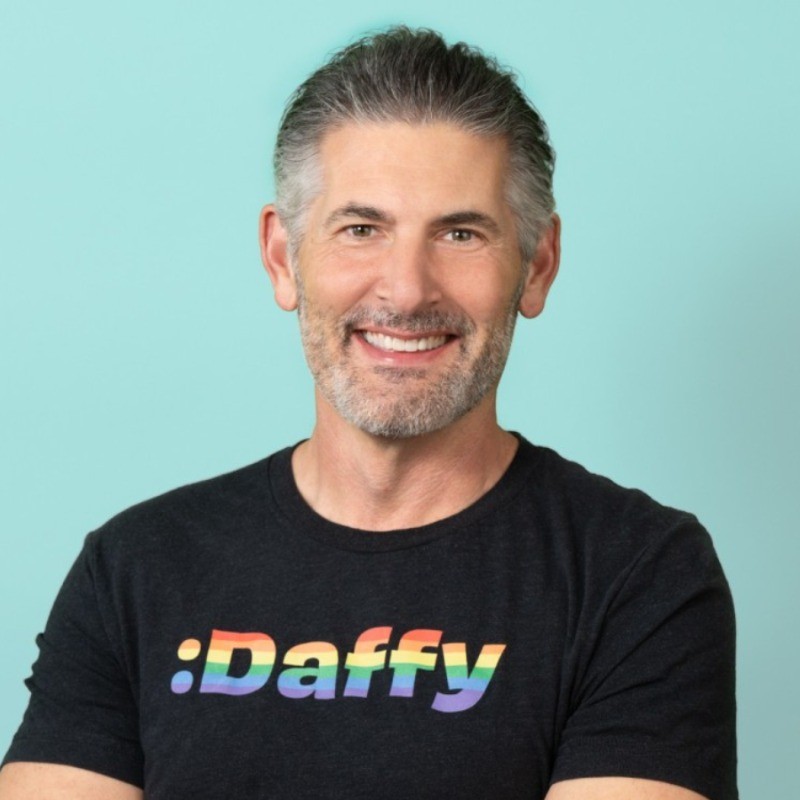Recommendations and the Reputation Economy
Whether or not we realize it, we all live and work in a networked world. Reputations matter. Relationships matter. Information is bombarding us from a rapidly swelling variety of sources, with increasing frequency and variability in terms of quality. Interestingly, people are managing this incredible increase in complexity with habits and business practices that date back decades, if not centuries.
They consider the source. They consider the context.
Fortunately, in the 21st century, with the birth of the social web, we have tools at our disposal that are orders of magnitude more powerful than we have ever had as individuals or as a society. To quote David Weinberger from his recent talk at PDF09, Transparency is the New Objectivity:
What we used to believe because we thought the author was objective we now believe because we can see through the author’s writings to the sources and values that brought her to that position. Transparency gives the reader information by which she can undo some of the unintended effects of the ever-present biases. Transparency brings us to reliability the way objectivity used to.
This change is, well, epochal.
David is talking about journalism, but his insights are at the heart of why LinkedIn is such a powerful concept. On LinkedIn, the skills that you've spent your career obtaining, the experience that you've earned, the trusted relationships that you've formed - they are all made largely transparent. Your professional reputation and relationships matter - and not just to you. That value extends far beyond your profile itself - it carries over to every interaction, every message, and every piece of contributed content.
LinkedIn Recommendations are a great example.
Most people who have applied to higher level educational institutions are familiar with the traditional methods of gathering recommendations. Finding an advisor, mentor, or teacher willing to fill out a series of questions and write a sealed letter of recommendation.
LinkedIn Recommendations bring liquidity and transparency to the reputation economy. As a result, the way people evaluate and respond to recommendations is changing as well.
Jeremiah Owyang wrote a post recently about a decision he has made to temporarily stop giving recommendations on LinkedIn. In his post, he flags a number of concerns he has heard about recommendations and their relative value. The comments on his post, and the responses on Twitter were interesting enough that it seems worthwhile to capture five of the insights about LinkedIn recommendations I gleaned here:
- Reputation matters. On LinkedIn, your profile and reputation is tied to every recommendation you make. As a result, people can and do consider the source. Having someone say you are a Web 2.0 visionary is fine and dandy, but those exact words coming from Jeremiah Owyang means something different.
- Transparency matters. It's trivial to see how many recommendations a person has given, and whether they tend to write the same things about everyone. It's also fairly trivial to see the relationship between the person being recommended and the source.
- Content matters. Which recommendations a person publishes is up to the individual. As a result, you won't find "negative recommendations" (isn't that an oxymoron?) on the site, any more that you would expect a person giving references for a job to give you people who think poorly of them. However, recommendations speak volumes in terms of what they do and don't say. Check out this recommendation for Peter Thiel from Reid Hoffman:
- Recommendations are often mutual. Is this really a surprise? Most productive, informed positive professional relationships are mutual. As a result, most people will, in fact, leave recommendations for each other. The fact that you're own reputation is tied to any recommendation you write is an incredibly significant incentive to keep words honest and defensible.
- Requesting recommendations is normal. Think about this for a second. Who are the people you most value professionally? Do they know it? More importantly, do others know? In a perfect world, we would all proactively make sure that the people who have earned our trust and respect knew it, and that others knew it as well. But we're all busy, and the task rarely feels urgent. That's why, for literally centuries, most recommendations have been requested rather than spontaneously given.
Detailed characteristics, specific achievements, highly credible and relevant source. That's what you want to see.
As food for thought, let me challenge you to consider the following:
In this economy, more than ever people are realizing that the most important assets they have are the skills and experiences they have earned, and the trusted relationships they have formed. As I mentioned above, we all know great people who deserve our public recognition. They deserve the benefit of our hard-earned reputations, applied to endorse theirs.
So I ask each of you to take the time to select three of your connections who fit this description, and write them a LinkedIn recommendation, unsolicited.
My guess is that not only will the experience be rewarding for them, but it will also significantly rewarding for you.



